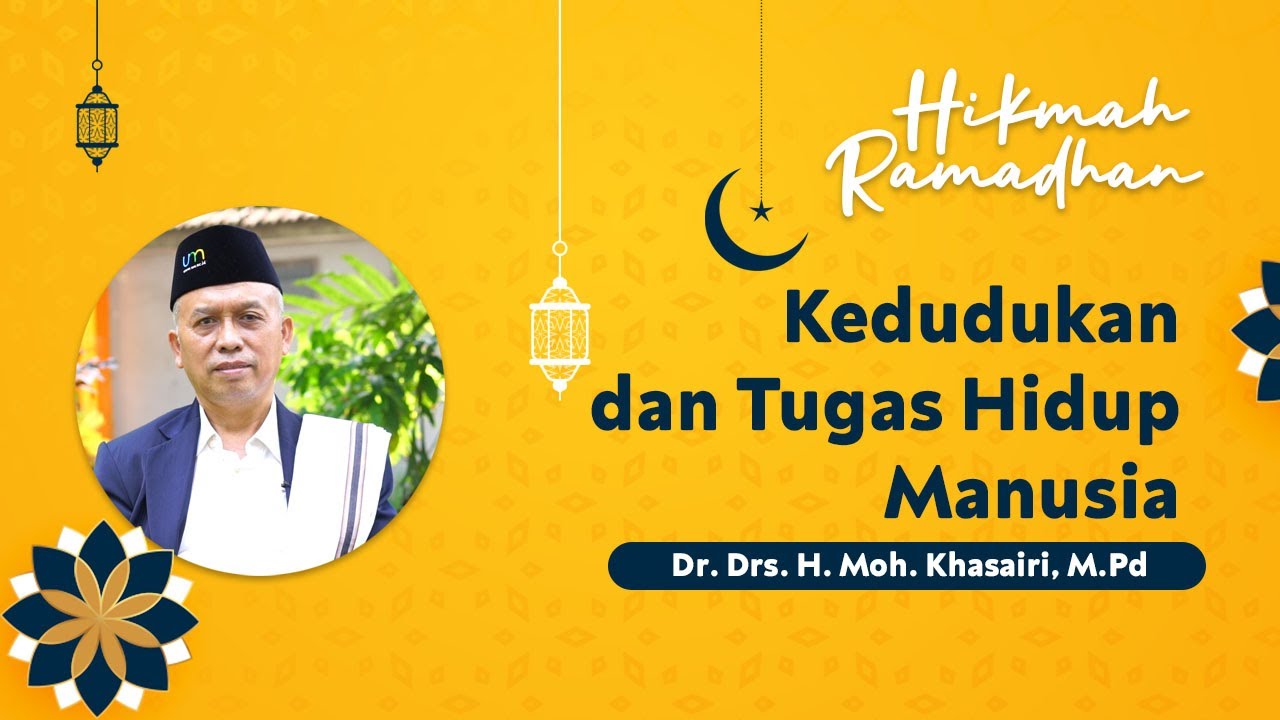Show me how to dissolve the ‘I’ | J. Krishnamurti
Summary
TLDRThe speaker delves into the significance of the 'self' and its impact on human existence, exploring why it's so deeply rooted in our lives. They question the various methods individuals have tried to overcome self-centeredness, including meditation and religious practices, and the inherent fear of losing one's identity. The dialogue suggests that true love, not the conventional understanding, might be the key to dissolving the self and the isolation it brings, emphasizing the profound reality beyond words and forms.
Takeaways
- 🧘♂️ The script discusses the difficulty of dissolving the 'self' or 'I', suggesting that without this, all other efforts are futile.
- 🤔 It questions why the 'self' has become so important in human life and why people prioritize it.
- 🧐 The speaker suggests that the self is often maintained through habits, societal encouragement, and religious beliefs.
- 😨 There is a fear of non-existence, which may be why individuals cling to the concept of the 'self'.
- 🌏 The self is described as an isolating process, inherently causing division among people.
- 🏛 The script mentions that various attempts have been made to transcend the self through meditation and other practices, but these often fail to eliminate the self completely.
- 🤷♂️ The speaker implies that there might be nothing one can do to eliminate the self, suggesting a sense of acceptance or resignation.
- 🙅♂️ The self is sustained by superficial concerns such as physical appearance and societal trends, which distract from deeper self-reflection.
- 🌱 The possibility of love as the central factor that could dissolve the self is introduced, but it is noted that the term 'love' is often misused and misunderstood.
- 💔 The speaker criticizes the misuse of the word 'love' in contexts of conflict, intolerance, and violence.
- 🕊️ The script concludes by suggesting that true love, in its pure and unadulterated form, may be the only thing capable of completely dissolving the self and the sense of isolation.
Q & A
What is the central theme of the transcript?
-The central theme of the transcript is the exploration of the concept of 'self' or 'I', its significance, and the potential for its dissolution as a means to achieve a state free of isolation and conflict.
Why does the speaker suggest that the self is a source of torture and conflict?
-The speaker suggests that the self is a source of torture and conflict because it is inherently isolating and self-centered, leading to division and strife both within the individual and in society.
What is the speaker's view on the various methods people have tried to deny or eliminate the self?
-The speaker implies that despite many attempts through religious, political, and meditative practices, people have not been able to completely deny or eliminate the self, indicating that these methods may be insufficient or misguided.
Why does the speaker question the importance given to the self?
-The speaker questions the importance given to the self to understand why it has become so central to human identity and experience, suggesting that it may be a result of habit, societal conditioning, or fear of non-existence.
What role does fear play in the maintenance of the self, according to the transcript?
-According to the transcript, fear plays a significant role in maintaining the self, as people may cling to the concept of self out of a fear of nothingness or a loss of identity.
How does the speaker describe the relationship between the self and love?
-The speaker describes love as potentially the central factor that could completely dissolve the self, but also cautions that the word 'love' is often misused and misunderstood, and true love is not something that can be cultivated through mere actions or thoughts.
What does the speaker mean by 'the self is tearing the world apart'?
-The speaker means that the self, through its nature of identification and separation, leads to divisions such as religious, cultural, and political differences, which in turn cause conflicts and suffering in the world.
Why does the speaker say that the self cannot have a relationship with anybody?
-The speaker says that the self cannot have a relationship with anybody because its very nature is isolating, preventing genuine connection and understanding with others.
What is the speaker's view on the practice of meditation in relation to the self?
-The speaker's view is that meditation, when approached with the intention of controlling or denying the self, may still be an act of the self, as the controller in meditation is the self itself.
What does the speaker suggest as a possible state beyond the self?
-The speaker suggests that a state beyond the self might involve the absence of isolation and the presence of love in its truest form, which is not a trick of the brain or a cultivated sentiment.
How does the speaker address the misuse of the word 'love' in society?
-The speaker addresses the misuse of the word 'love' by pointing out its association with actions that contradict its true meaning, such as fighting, intolerance, and violence, highlighting the disparity between the word and its genuine essence.
Outlines

This section is available to paid users only. Please upgrade to access this part.
Upgrade NowMindmap

This section is available to paid users only. Please upgrade to access this part.
Upgrade NowKeywords

This section is available to paid users only. Please upgrade to access this part.
Upgrade NowHighlights

This section is available to paid users only. Please upgrade to access this part.
Upgrade NowTranscripts

This section is available to paid users only. Please upgrade to access this part.
Upgrade NowBrowse More Related Video
5.0 / 5 (0 votes)





